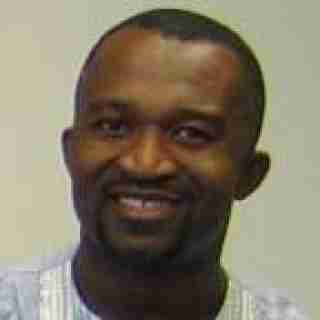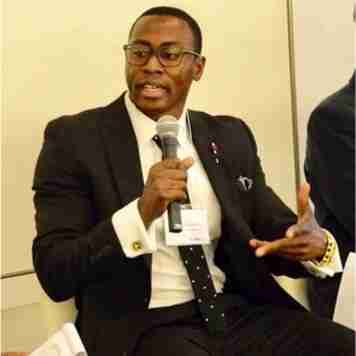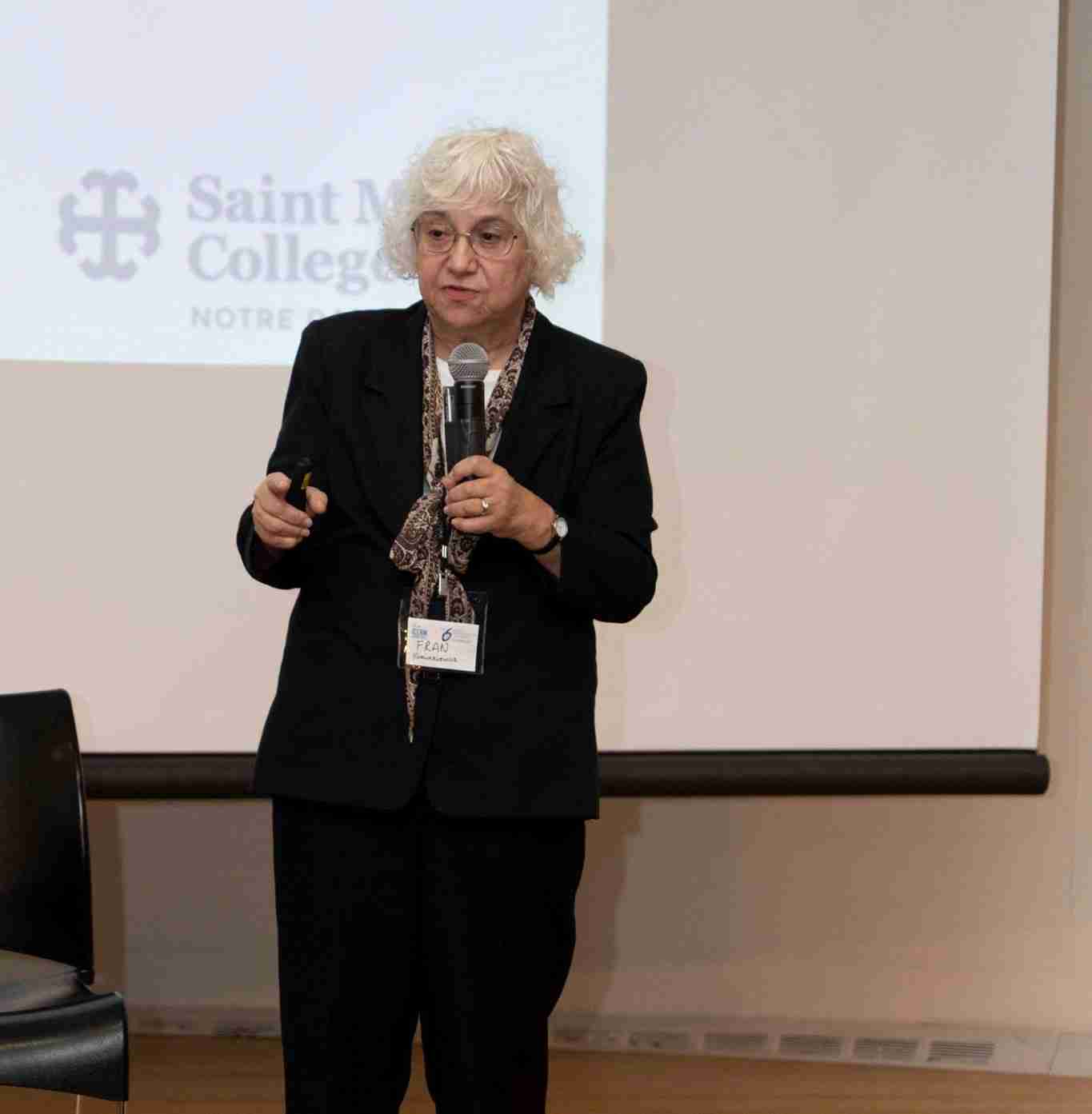Peacebuilding Interventions and Local Ownership

Peacebuilding Interventions and Local Ownership on ICERM Radio aired on Saturday, July 23, 2016 @ 2 PM Eastern Time (New York).
2016 Summer Lecture Series
Theme: “Peacebuilding Interventions and Local Ownership”

Synopsis:
This lecture brings together two important notions: peacebuilding interventions -funded by international development agencies – and the question of local ownership of such interventions.
In doing so, Dr. Joseph Sany examines important issues that conflict intervenors, development agencies, and local populations often encounter: assumptions, dilemmas, worldviews, and risks of foreign driven interventions in war torn societies and what these interventions mean for local actors.
Approaching these questions from the lenses of a practitioner and a researcher, and drawing on his 15 years of experience as a consultant with international development agencies and his current work as Technical Advisor at FHI 360, Dr. Sany discusses practical implications, and shares lessons learned and best practices.
Dr. Joseph Sany is Technical Advisor in the Civil Society and Peacebuilding Department (CSPD) of FHI 360. He has been consulting over fifteen years in more than twenty-five countries around the world, on training, designing and evaluating programs related to peacebuilding, governance, countering violent extremism and peacekeeping.
Since 2010, Sany has trained through the US State Department/ACOTA program more than 1,500 peacekeepers deployed in Somalia, Darfur, South Sudan, Central African Republic, Democratic Republic of Congo and Cote d’Ivoire. He has also evaluated numerous peacebuilding and countering violent extremism projects, including the USAID Peace for Development (P-DEV I) project in Chad and Niger.
Sany has co-authored publications including the book, The Reintegration of Ex-Combatants: A Balancing Act, and currently publishes in the blog: www.africanpraxis.com, a place to learn and discuss African politics and conflicts.
He holds a Ph.D. in Public Policy from the School of Policy, Government and International Affairs and a Master of Science in Conflict Analysis and Resolution from the School of Conflict Analysis and Resolution, both from George Mason University.
Below, you will find the lecture transcript.



